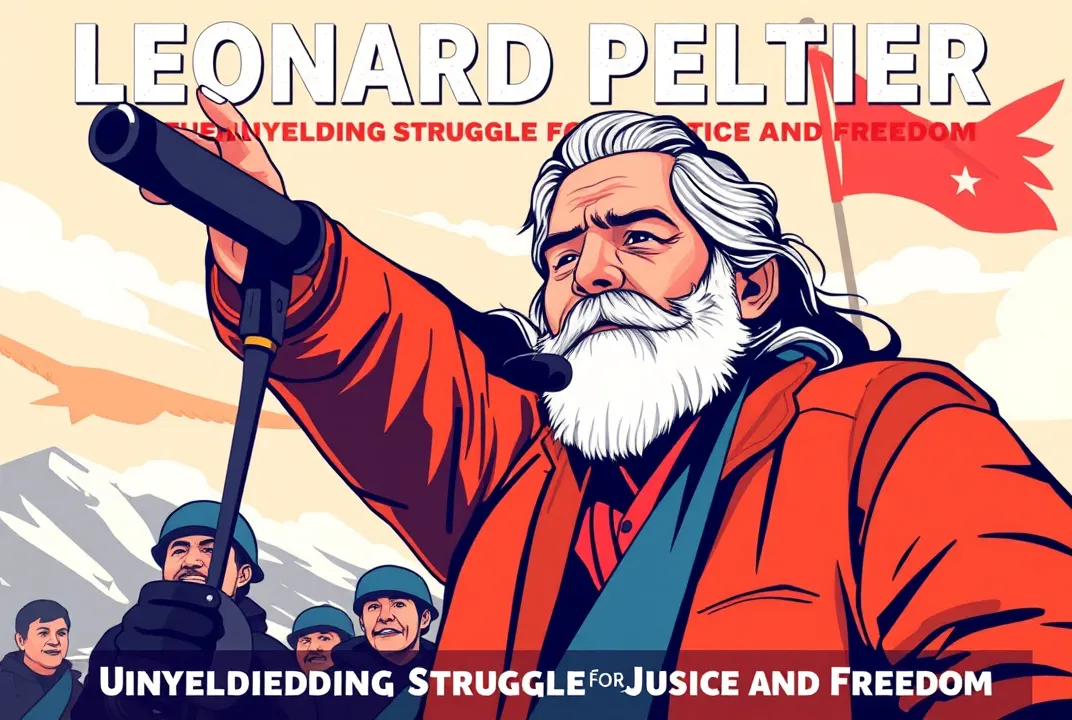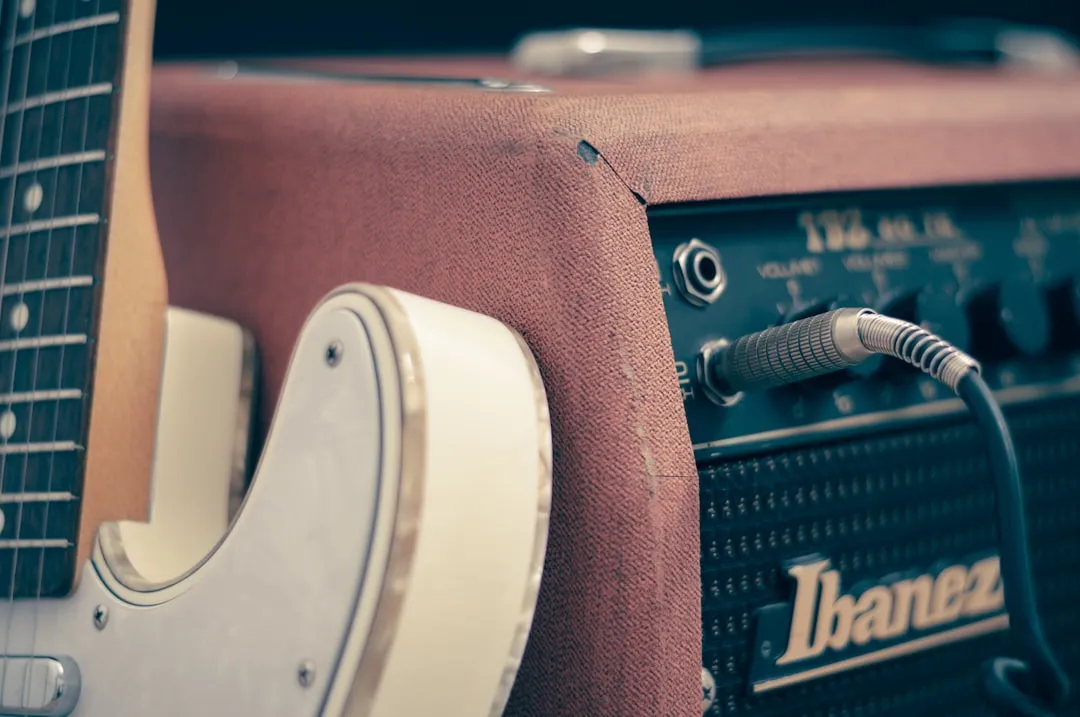The Unyielding Struggle for Justice and Freedom: Leonard Peltier's Journey
Leonard Peltier's story is one deeply woven into the fabric of Native American rights, social justice, and resilience against systemic oppression. For over four decades, Peltier has endured the weight of wrongful imprisonment, symbolizing the ongoing struggle for justice and freedom faced by Indigenous peoples across North America. Recent developments in his case have reignited conversations about his conviction, the treatment of Native Americans within the justice system, and the fight for civil rights.
A Troubling Conviction
In 1977, Leonard Peltier was convicted for his alleged involvement in the deaths of two FBI agents during a clash at Wounded Knee, South Dakota, a site of profound historical significance for Native American activism. The events surrounding the shootout were chaotic, marked by tensions between the American Indian Movement (AIM) and federal authorities. The FBI's aggressive tactics and the subsequent crackdown on Native activists led to a controversial legal battle that has been scrutinized for its fairness and integrity.
Peltier's conviction relied heavily on dubious testimonies and a lack of concrete evidence linking him to the crime. Critics have long argued that he was a victim of a politically motivated prosecution, emblematic of a larger pattern of injustice faced by Native Americans. Despite numerous appeals and extensive campaigns advocating for his release, Peltier remains incarcerated, his case a rallying point for activists both domestically and internationally.
The Personal Impact of Injustice
Beyond the statistics and legalese lies the deeply personal story of Leonard Peltier. Born in 1944 on the Turtle Mountain Indian Reservation in North Dakota, Peltier’s early life was marked by hardship, with the trauma of poverty and systemic discrimination shaping his worldview. His activism burgeoned in the 1960s, fueled by a desire to advocate for the rights of his people and to challenge the injustices they faced.
In prison, Peltier has faced numerous health challenges, including diabetes and other ailments exacerbated by inadequate medical care. His plight has drawn attention not only to his individual circumstances but also to the broader issues confronting incarcerated individuals, particularly those from marginalized communities. The emotional toll of his wrongful incarceration stretches beyond himself; it has impacted his family, friends, and the countless supporters who have rallied for his cause. This struggle for freedom is encapsulated in Peltier's own words: "I want to be free. I want to be able to walk on the earth again."
Recent Developments and Advocacy
In the past year, Peltier’s case has seen renewed interest, with calls for clemency gaining momentum. Advocacy groups, including Amnesty International and the Leonard Peltier Defense Committee, have been vocal in their campaigns, underscoring the importance of addressing systemic racism and wrongful convictions. In 2023, a petition calling for President Biden to grant clemency to Peltier gathered thousands of signatures, highlighting widespread public support for his release.
The Biden administration has made notable strides in criminal justice reform, but Peltier's case remains unresolved. Supporters are optimistic, believing this may be a pivotal moment to correct the historical injustices inflicted on Indigenous populations and to acknowledge Peltier's rightful place in the narrative of American justice.
The Wider Context: Indigenous Peoples and Justice
Peltier's story is not an isolated incident; it reflects a broader struggle faced by Indigenous peoples throughout the United States and Canada. Structural inequalities, discrimination, and violence against Native communities have persisted for centuries. The challenges extend into various facets of life, including health care, education, and law enforcement, creating an environment where justice often feels elusive.
The fight for Leonard Peltier is emblematic of a larger movement to recognize and rectify these injustices. Activists argue that Peltier's wrongful conviction serves as a case study of how the legal system has historically marginalized Indigenous voices. The ongoing advocacy for his release not only seeks to free one man but also aims to bring attention to the systemic failures that allow such injustices to occur.
Hope and Resilience
As the world becomes more aware of the struggles faced by Indigenous peoples and the wrongful convictions that plague the justice system, Peltier's story resonates as a symbol of hope and resilience. His unwavering spirit in the face of adversity continues to inspire those who fight for justice. The coalition of supporters, activists, and allies are not merely fighting for Peltier's release; they are fighting for a paradigm shift in how Indigenous rights are recognized and respected.
Leonard Peltier’s case serves as a reminder that the struggle for justice is an ongoing battle, one that requires vigilance, empathy, and proactive engagement. As people continue to rally around his cause, they highlight the importance of never forgetting those who have been silenced by systemic oppression.
Conclusion: A Call to Action
The narrative of Leonard Peltier is a powerful testament to the enduring quest for justice and freedom. His story is intertwined with the broader movements for Indigenous rights, echoing the sentiments of countless others who have suffered injustices throughout history. As new developments unfold, the urgency to address these systemic issues becomes increasingly apparent.
In the spirit of Peltier’s resilience, it is crucial for individuals and communities to continue advocating for justice. This involves not only supporting Peltier’s case but also engaging with broader issues affecting Indigenous populations. By amplifying these voices, we contribute to the ongoing fight for human rights and dignity, ensuring that the struggle for justice remains at the forefront of societal discourse.
As Peltier himself once said, “You can’t keep a good man down.” With continued advocacy, solidarity, and understanding, perhaps we can help lift Leonard Peltier and many others out of the shadows of injustice, paving the way for a brighter, more equitable future for all.


 Celebrating Unity: Honoring Martin Luther King Jr.'s Legacy and Vision
Celebrating Unity: Honoring Martin Luther King Jr.'s Legacy and Vision
 Queen Bey's Evolution: How Beyoncé Continues to Reign Supreme in Music and Culture
Queen Bey's Evolution: How Beyoncé Continues to Reign Supreme in Music and Culture
 Unlocking 'The Substance': A Deep Dive into Its Impact on Modern Culture
Unlocking 'The Substance': A Deep Dive into Its Impact on Modern Culture
 Unpacking the Impact: Biden Pardons and What They Mean for America's Future
Unpacking the Impact: Biden Pardons and What They Mean for America's Future
 Unpacking Jay-Z's Legacy: Impact on Music and Culture Today
Unpacking Jay-Z's Legacy: Impact on Music and Culture Today